The UK's most expensive and cheapest towns and cities to live in
The dramatic differences in the cost of a comfortable life
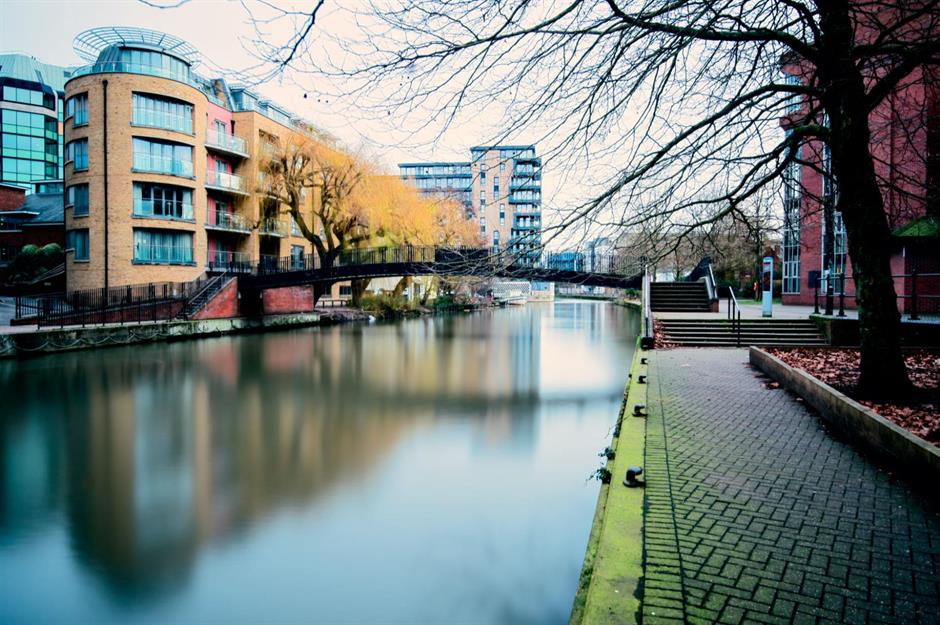
The cost of living varies dramatically across the UK, with housing, food, fuel and other essentials all costing different amounts in different regions. SilverDoor Apartments has produced figures for how much money you need each month per household to have a comfortable life, where your rent or mortage repayment only takes just over a third of your earnings. We look at these figures in the most expensive and cheapest towns and cities around the nation, and what's behind the huge differences.
London: £7,090 a month to live comfortably
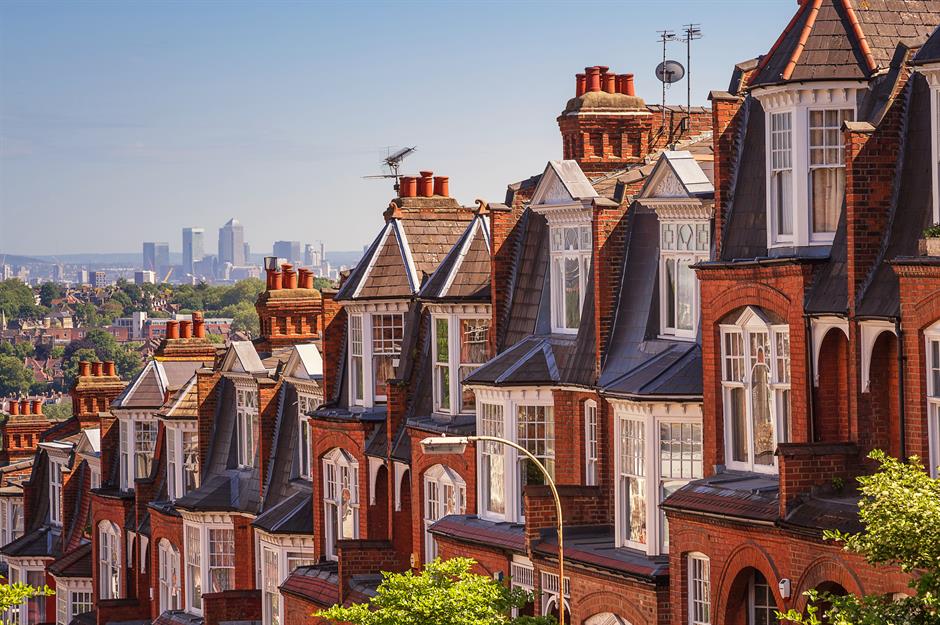
Starting with the most expensive places to live in the UK, it’s unsurprising that you'll need the highest earnings to live here comfortably. The average rent is a huge £2,798 per month while the average home costs an eye-watering £476,752, according to the Land Registry. London locals will have to be earning big bucks to afford a comfortable way of life in the Big Smoke.
Oxford: £5,040 a month
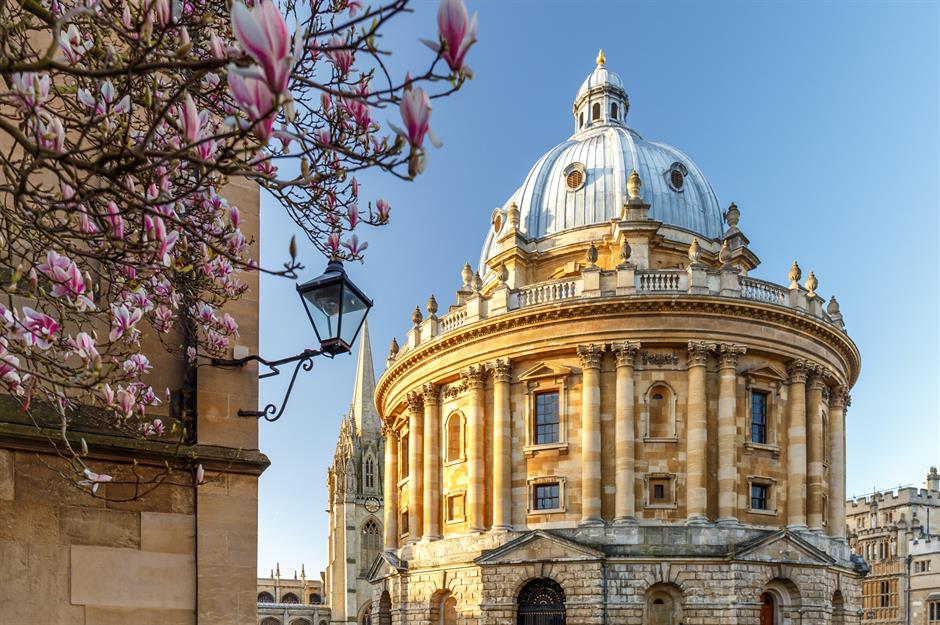
In Oxford, you need to be earning, on average, about 36% less than you would in London to be able to live comfortably. Nevertheless, renting in the ‘City of Dreaming Spires’ will set you back around £1,764 per month while the average home costs £402,020. The ancient city has excellent commuting links to London and landlords also seek to take advantage of the large proportion of wealthy students who come to study at the renowned university. Professional salaries are sizeable in the bike-filled streets too: the city is home to many big-time science and IT research projects.
Edinburgh: £5,020 a month

Another world-class capital, Edinburgh is a highly desirable place to live. Considered to be one of the most beautiful cities in the world, it is also the largest hub for finance and tourism in the UK outside of London – hence the hefty rental price tag of around £1,757 a month and average house price of £255,361. The city boasts the highest percentage of professionals in the UK, with 43% of residents holding a degree-level or professional qualification.
Brighton: £4,640 a month
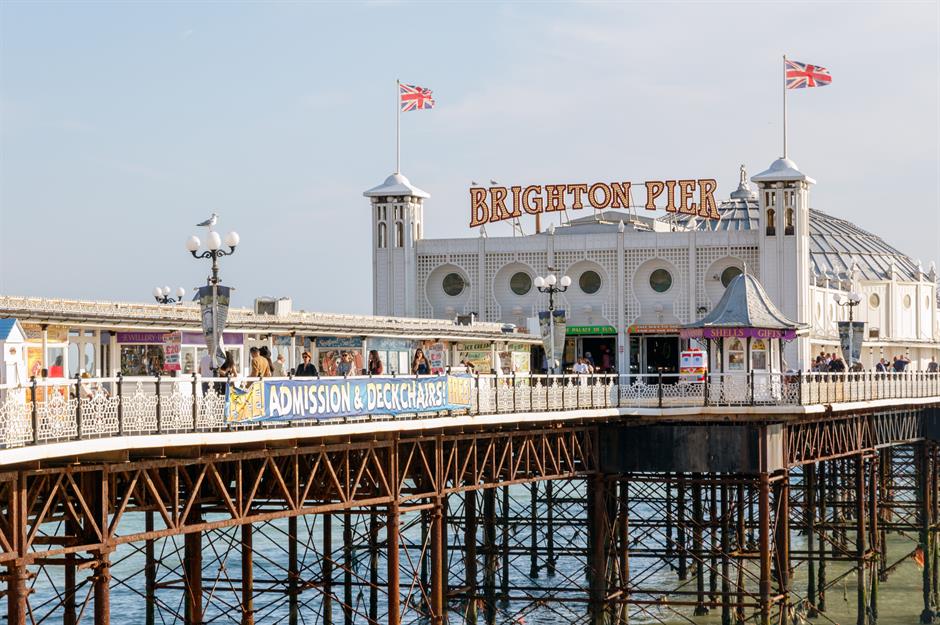
Though many people living in Brighton commute to London for work, the city has a vibrant life of its own and has been called both the ‘hippest’ and ‘happiest’ place to live in the UK. Its streets are filled with independent shops and eateries as well as gorgeous Georgian homes, with an average cost of £1,624 a month in rent and an average house price of £363,639. With an ever-thriving tourist industry, a large LGBT+ community and the beach, it’s no wonder Brighton is such a hub for cultural creatives and businesses alike.
Bournemouth: £3,714 a month
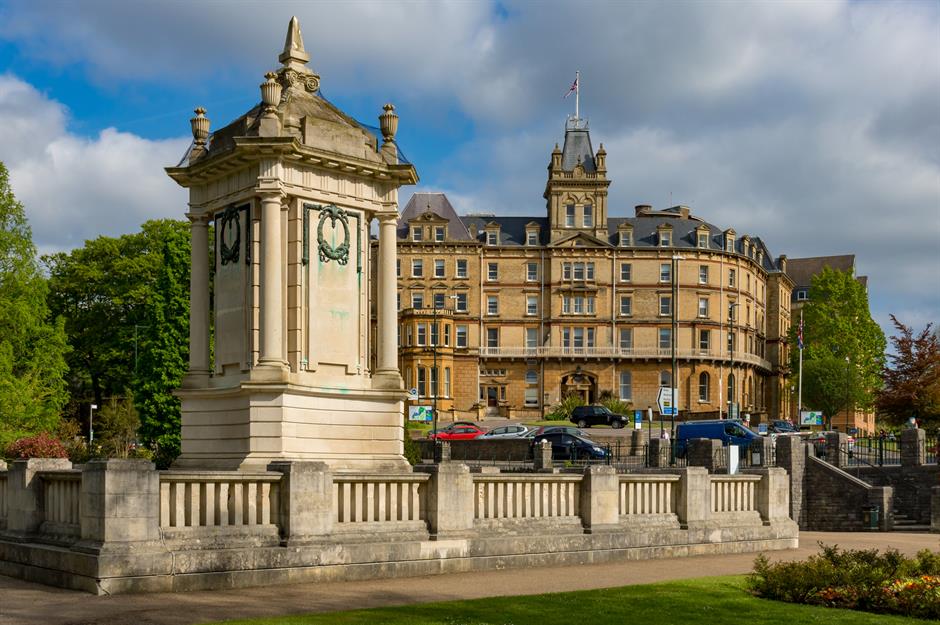
With average rents costing about £1,300 a month and an average house price of £244,520, a 2017 survey found Bournemouth to be the 10th least affordable place to live in the world, with house prices 8.9 times higher than the median income, beating London, where prices are 8.5 times higher. So why is it difficult to live comfortably in Bournemouth? The town’s coastal location has made it a popular place for students and retirees.
Aldershot: £3,543 a month
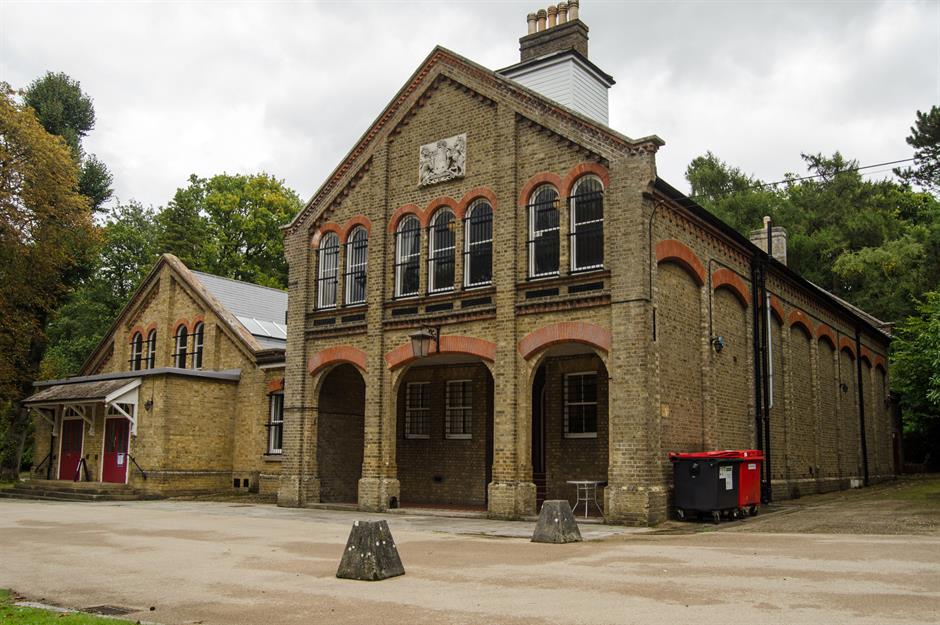
Lying close to the Hampshire/Surrey border, the suburban town of Aldershot ranks highly in this data: you will need to be earning a decent amount to live comfortably here. Known as the ‘Home of the British Army’, the town grew rapidly in the Victorian era and its military roots are still present today. Another commuter town, you can get to London's Waterloo in just under an hour from the main station. An annual travelcard will set you back £3,852. Rents average at £1,240 a month, while the average home costs £278,694.
Reading: £3,326 a month
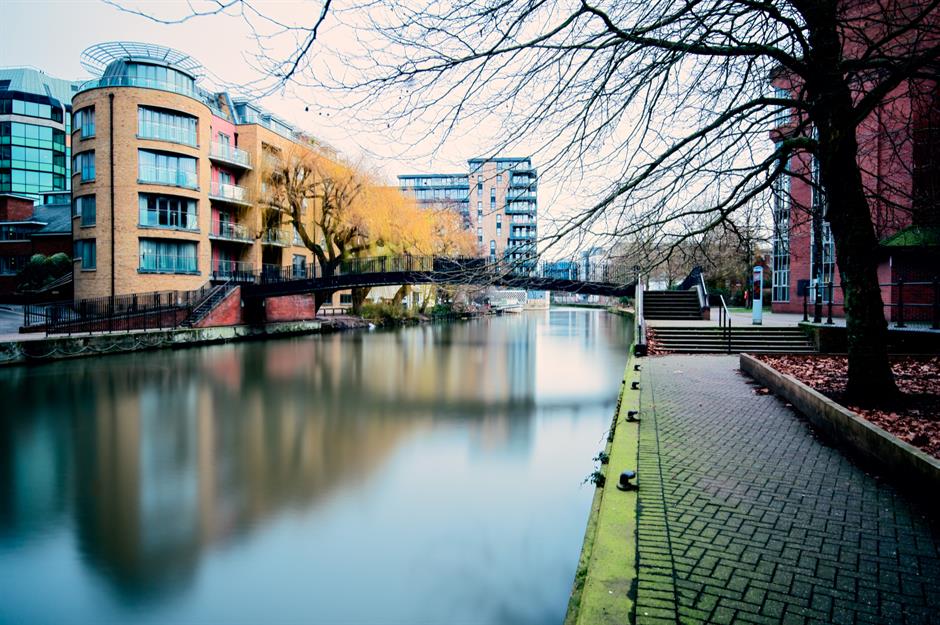
Though you may assume the cost of living in Reading is so high due to its proximity to the capital, the town actually has a net inward commuter flow due to its leading IT and insurance industries. A major commercial centre – and one of the largest towns in the UK without city status – the average monthly rent in Reading is £1,164, while the average home costs £304,987.
Leeds: £3,086 a month
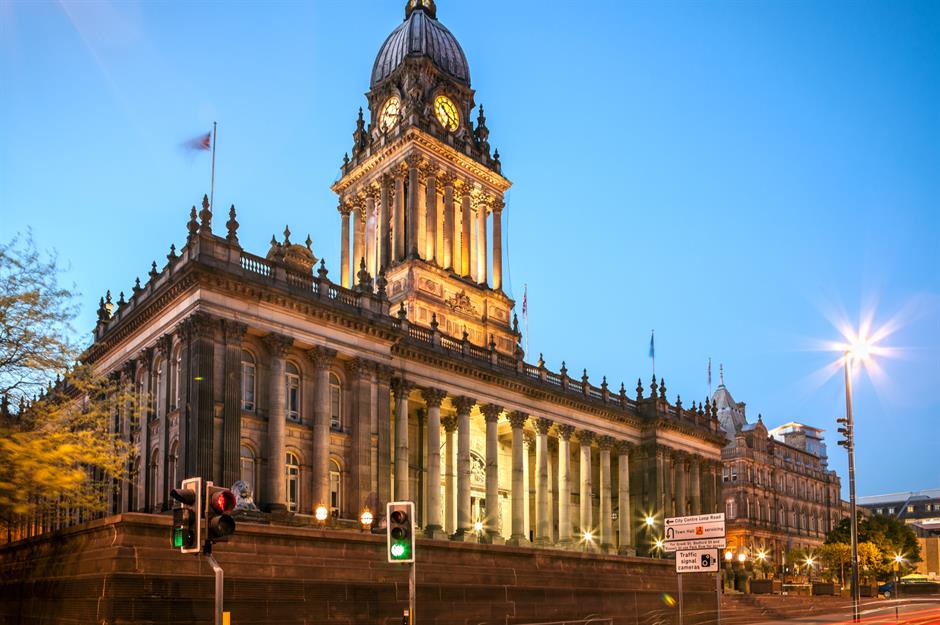
Representing the north of England, Leeds is the place to be right now. It has seen a gigantic boom in the tech and legal industries and the fastest rate of private sector jobs growth in the UK. Over the next decade, Leeds’ economy – shaped by the council’s vision of cultivating a ‘24-hour European city’ – is forecast to grow by an impressive 25%. Living in Leeds isn’t as cheap as many of its Northern counterparts – the average resident pays £1,080 a month in rent, while the average home costs £199,664 – but the opportunities here are only getting better.
Slough: £3,029 a month

A successful and progressive local economy as well as great transport links to London are the reasons why Slough's monthly rental costs are steep at £1,060 per month and the average home costs £309,702. Slough is home to the highest concentration of global corporate HQs outside of London and the unemployment rate is strikingly low, standing at 1.4% – the UK average is 4.5%. It has one of the most ethnically diverse populations in the UK.
Southampton: £3,023 a month
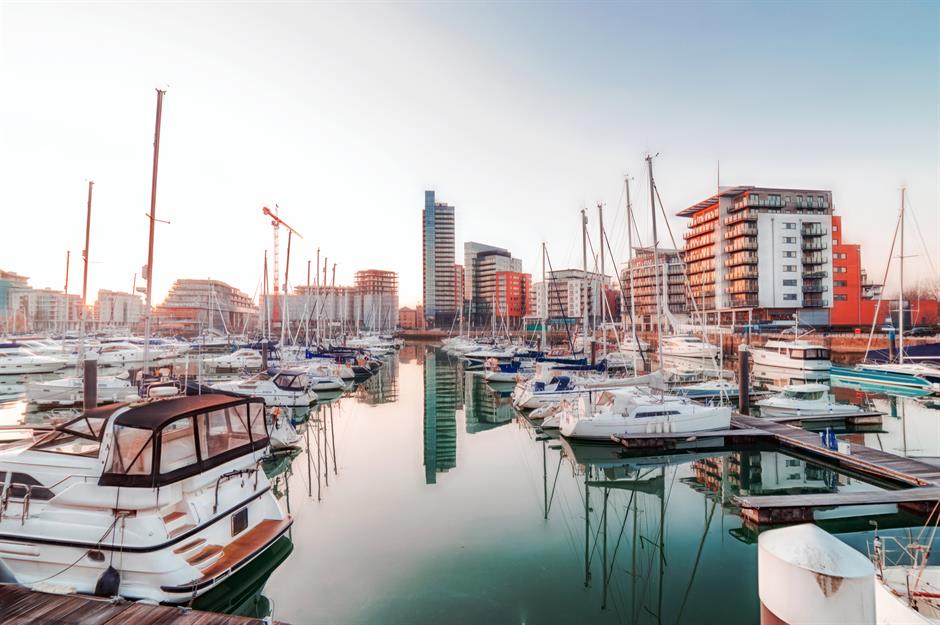
The port city of Southampton is home to fleets of big ships and a pricey cost of living. There are multiple multi-million-pound luxury developments cropping up all over the city. The average rent here is £1,058 a month while the average home costs £213,167.
The cheapest places to live a comfortable life
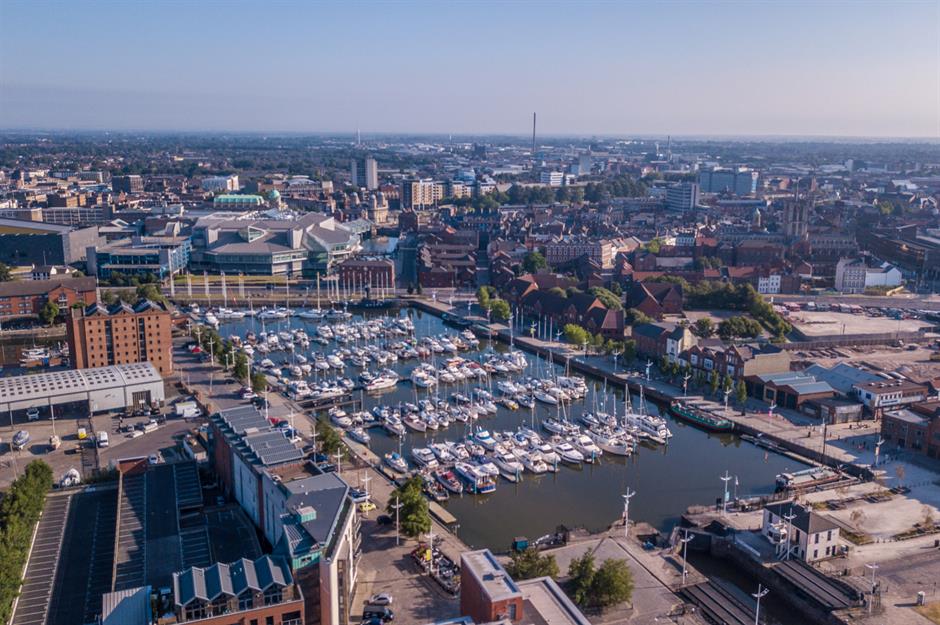
Now we've looked at the most expensive towns and cities, where are the cheapest places to live in terms of monthly outgoings and how much do they cost? Read on to find out.
Stoke-on-Trent: £1,434 a month to live comfortably
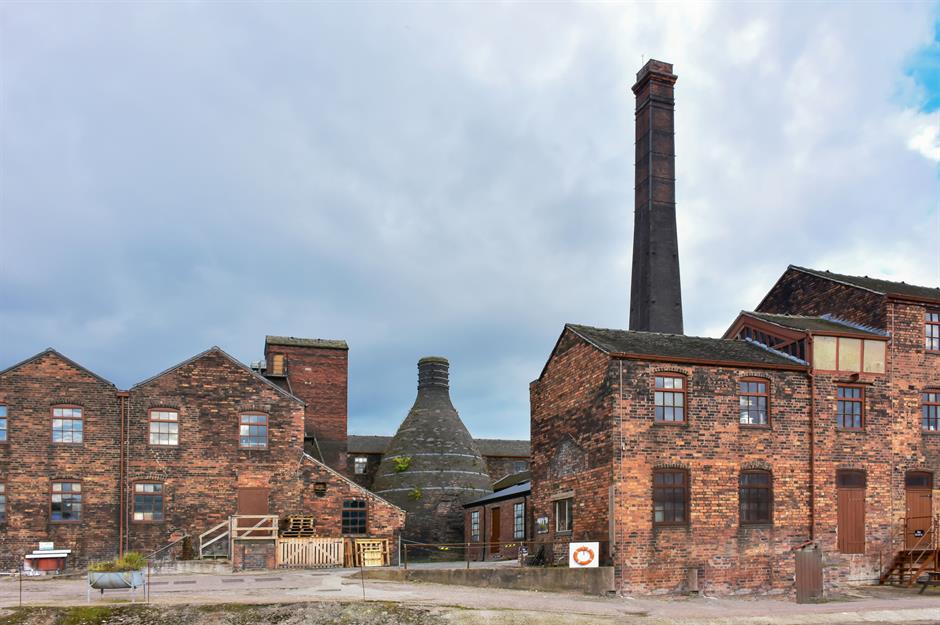
Stoke-on-Trent is a world renowned centre for fine ceramics and home of the UK’s pottery industry. The population has seen an increase in recent years after a lull following the closure of mines in the 1980s. Major employers include bet365, Stoke-on-Trent City Council and Alton Towers. Renting in Stoke costs an average of £502 a month while the average home costs £108,366.
Doncaster: £1,409 a month
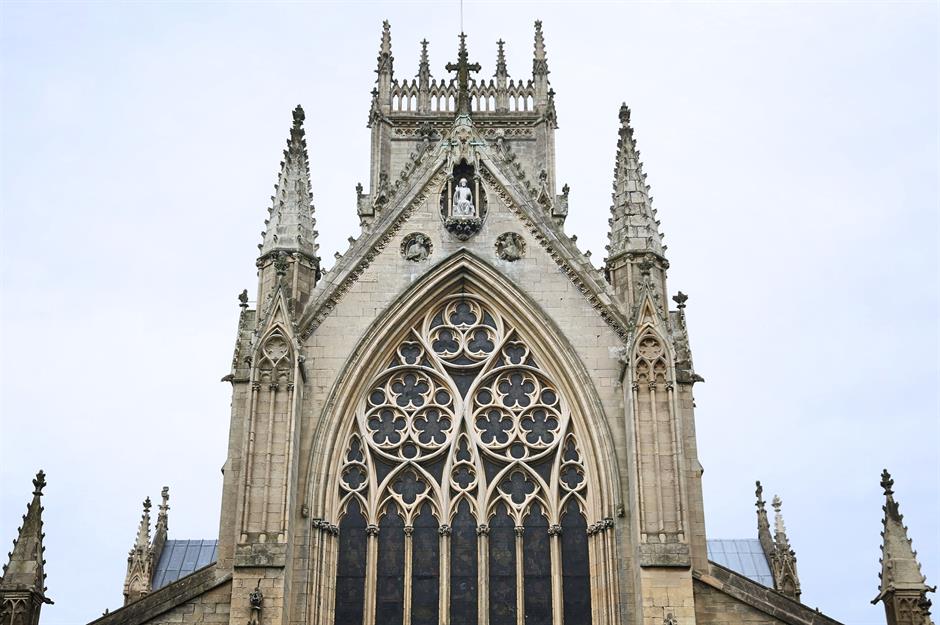
Traditionally a large market town, Doncaster, like Stoke-on-Trent, was negatively affected by mine closures in the 1970s and 80s. However, it now boasts an improving service industry. Rents average at £493 a month, while the average home costs £123,262.
Birkenhead: £1,400 a month
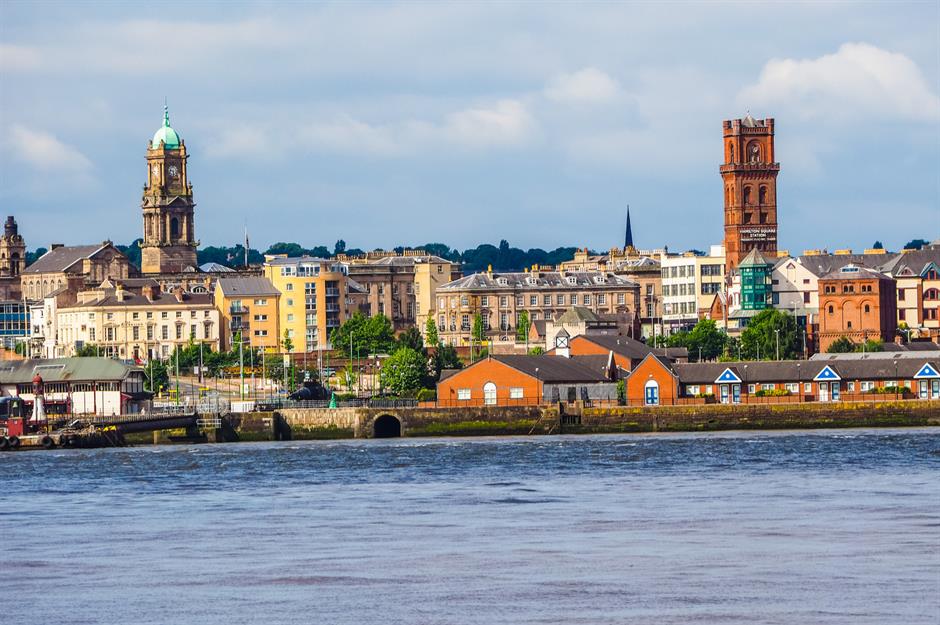
Along the west bank of the River Mersey, just across the water from Liverpool, lies Birkenhead. A town known for shipbuilding and ship repair, its ferry service – the Mersey Ferry – has been in operation for centuries. Its industry declined in the last half of the previous century, but a £4.5 billion development project to regenerate the dockland area is in the pipeline. Rents average £490 a month, while the average house price is £114,548.
Blackpool: £1,391 a month
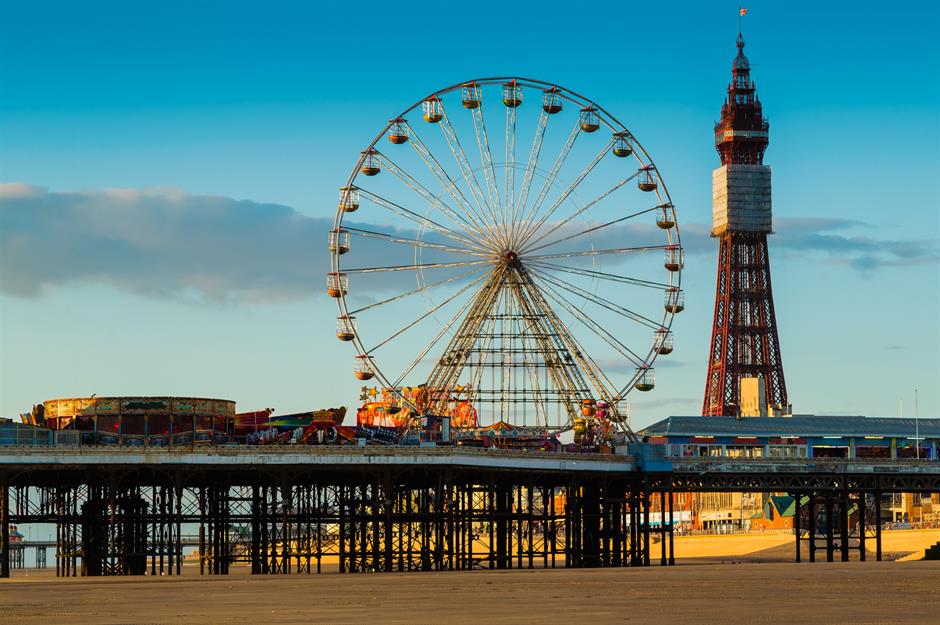
Blackpool is the UK’s most popular seaside resort, attracting millions of people every year. It’s home to many major attractions and landmarks including a Parisian-inspired tower and the Pleasure Beach amusement park. Blackpool’s economy is firmly rooted in tourism, but this has had a steady and ongoing decline since the 1950s. The population is also in constant decline and forecast to decrease even further. Rental tenants usually pay around £487 a month, while the average home costs £102,920.
Hull: £1,383 a month
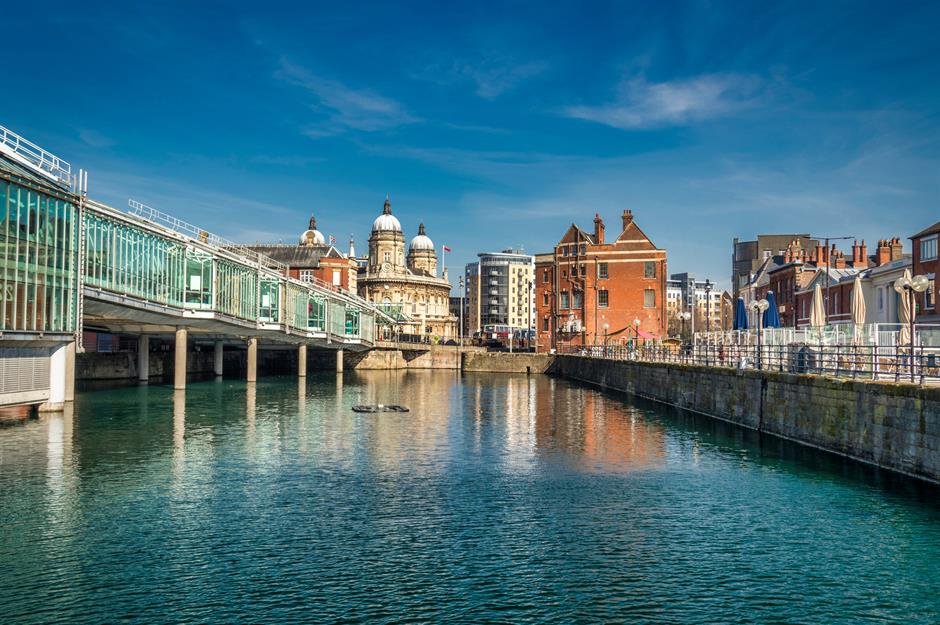
In the second half of the 20th century, Hull suffered widespread social deprivation following the bombing it incurred in World War II: It was the most heavily bombed area outside London. A knock-on effect of this was the decline of the fishing and heavy industries. However, Hull remains a busy port city with 13 million tonnes of cargo passing through each year. The city was named 2017’s UK City of Culture and many multi-million-pound construction projects are underway. Residents pay a monthly average of £484 on rent, with the average house price currently standing at £113,549.
Blackburn: £1,383 a month
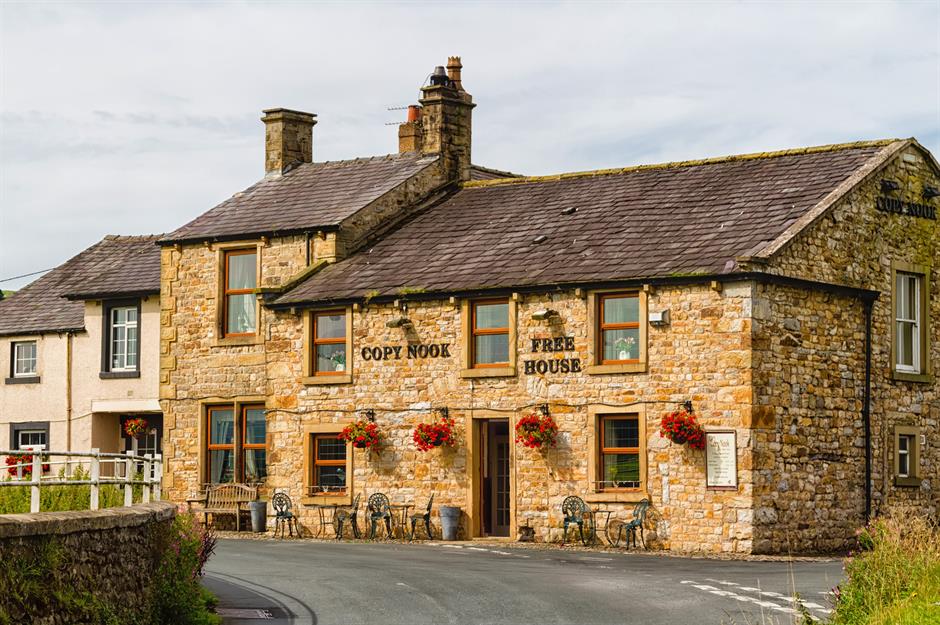
Blackburn was once a distinguished mill town and among the first industrialised towns in the world but the economy went into rapid decline. In more recent history, Blackburn has received significant amounts of funding from the EU for investment and redevelopment. Rents here average £484 a month, while the average house price is £112,129.
Barnsley: £1,383 a month
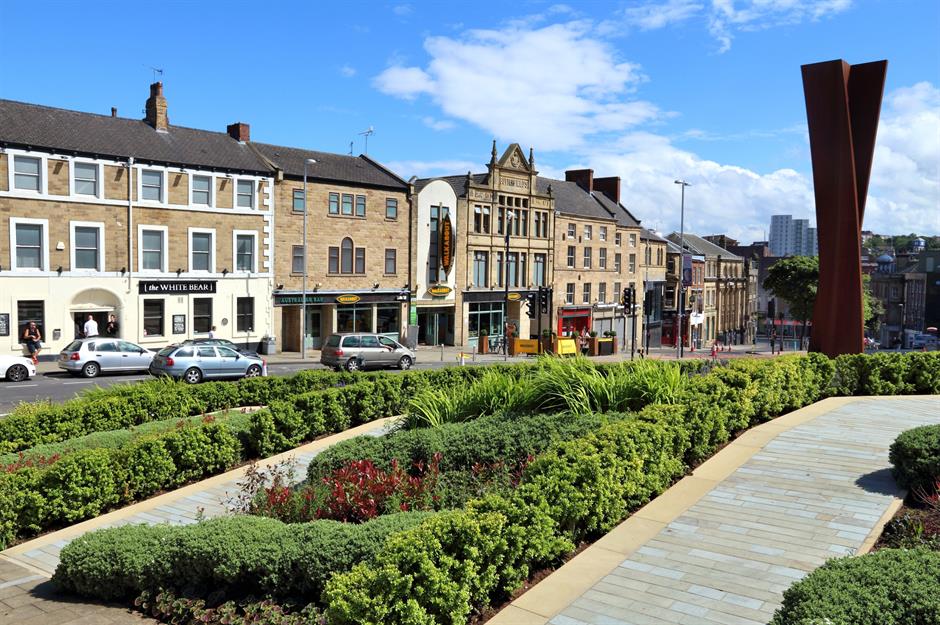
Renting a home in Barnsley also costs an average of £484 a month, while the average home sells for £117,690. Out of its original industries – linen, coal mining and glassmaking – only the latter remains. Unemployment in Barnsley is higher than the national average, however, this is starting to fall as a service sector grows.
Bradford: £1,303 a month

Once known as the ‘wool capital of the world’, Bradford may no longer be a hub of the textile trade, but its economy is forecast to grow to over £10 billion this year due to its prominent finance, chemicals, electronics, engineering and manufacturing industries. However, there are widespread pockets of exclusion in the city, and unemployment rates in some of these areas exceed 25%. The average rent in the city is £456 a month, while the average house price is £135,081.
Wigan: £1,274 a month
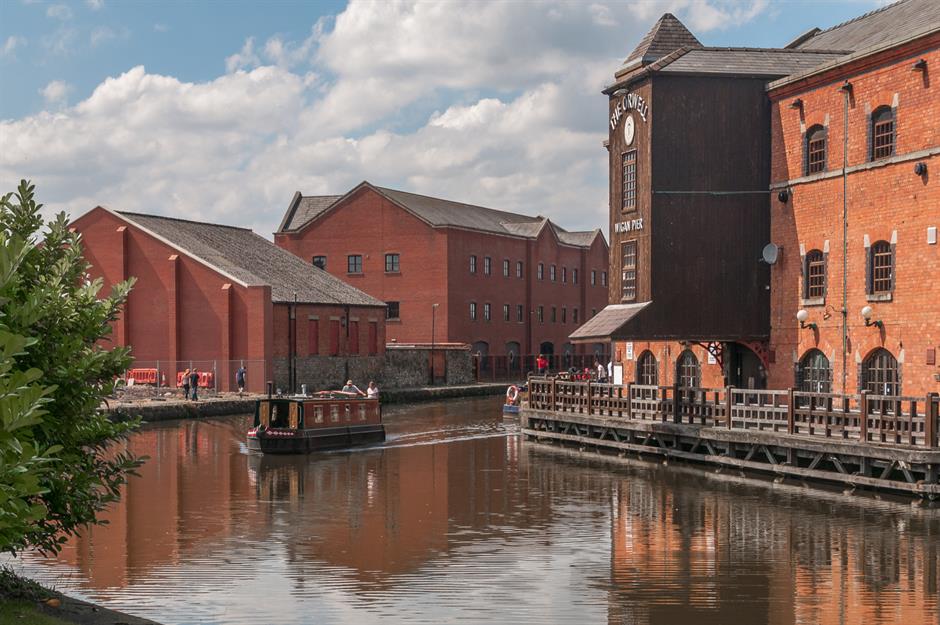
Wigan’s rich history includes a dramatic economic expansion following the Industrial Revolution and a nightclub which was once named ‘the best disco in the world’ by Billboard yet it has faced hard times in recent years. And 8.5% of residents aged 16-74 have no academic qualifications – a figure well above the country’s average. Renting in Wigan costs £446 a month, while the average house price is £130,102.
Burnley: £1,180 a month
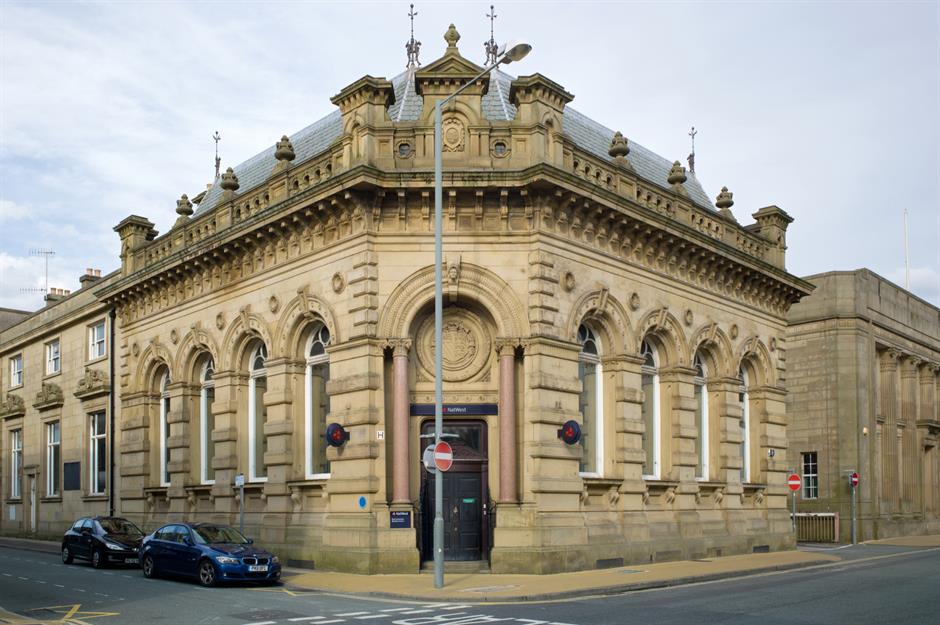
During the Industrial Revolution, Burnley was both one of the world’s leading producers of cotton as well as a national centre for engineering. However, the town struggled to recover from the loss of its manufacturing industries. Rents here average £413 a month while the average home costs £81,352. Find out what's really happening with house prices in your area.
Comments
Be the first to comment
Do you want to comment on this article? You need to be signed in for this feature